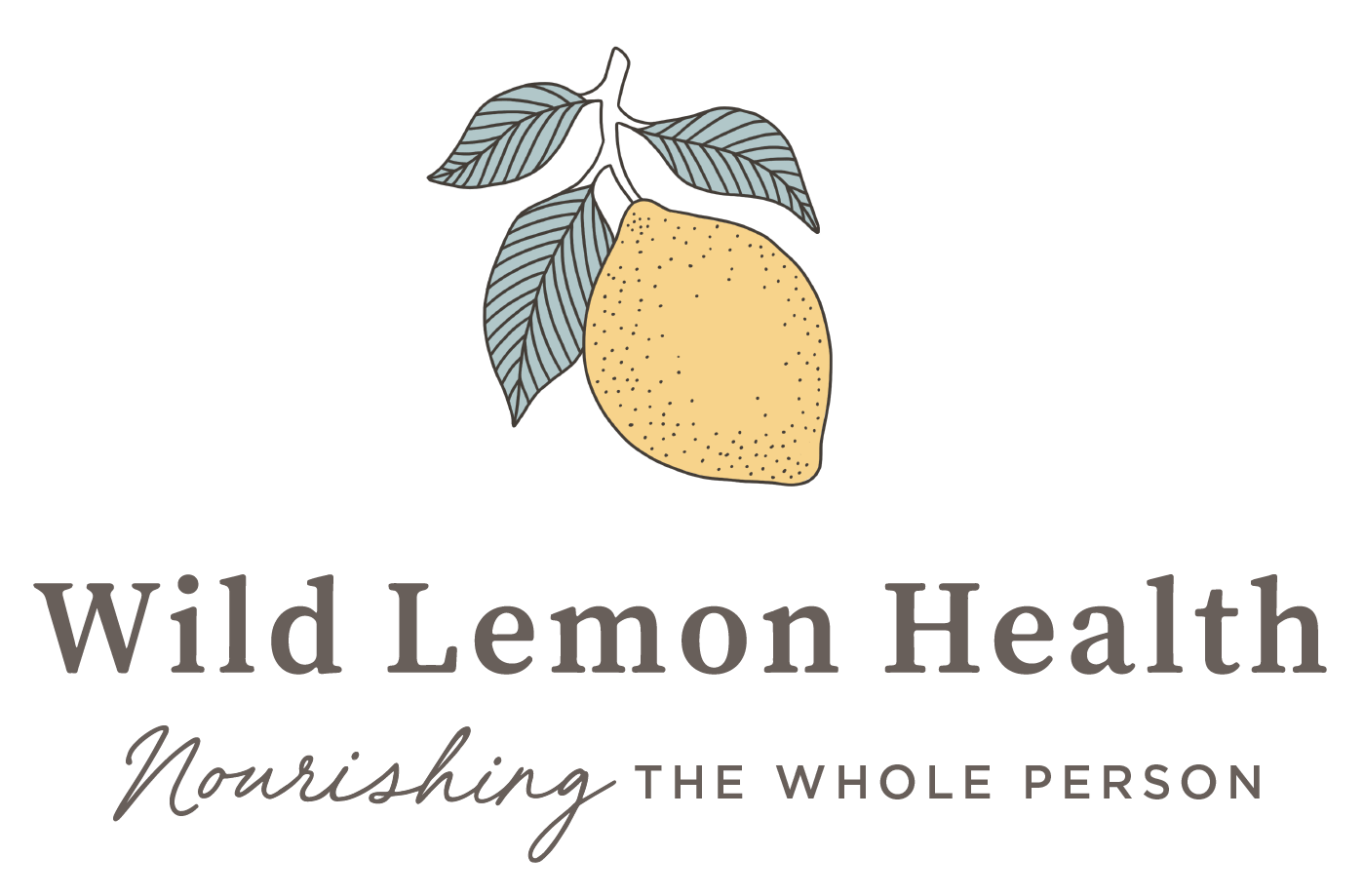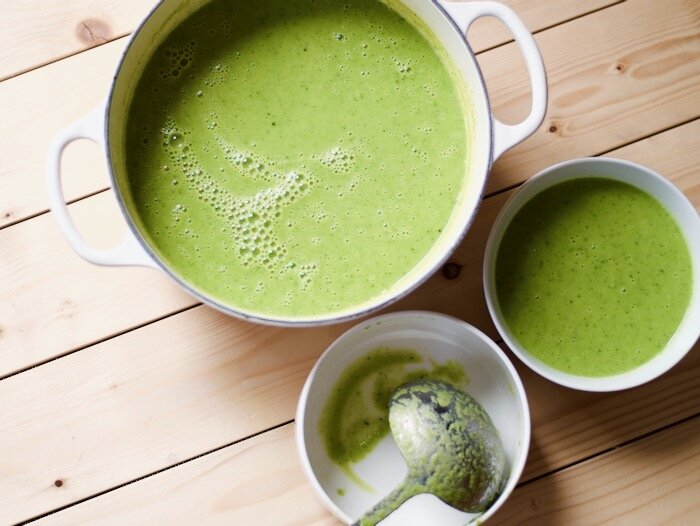The foods that help your brain grow
The question I want to answer today is how is diet helping with mood?
If we know the following to be true: that a Mediterranean style eating pattern can reduce depression and anxiety symptoms, the next question might be how is it helping?
Diet is going to have an impact in a few areas:
It will replete nutrients. So, imagine a bowl of cereal with 2% milk vs a couple of scrambled eggs with sautéed greens, avocado and roasted sweet potatoes. The former will have some B vitamins that were, likely, enriched into the cereal itself. The latter will have rich sources of choline, B12, vitamin K, vitamin E, beta carotene and phytonutrients in the variety of colors. The latter is a better contributor to the literal building blocks of the brain.
Impact inflammation. All of the colors in a meal full of vegetables will reduce the inflammatory load we take in and actively fight inflammation. Blueberries, olive oil and turmeric are all great examples of foods with anti inflammatory properties.
Feed gut flora. Our gut bugs love fiber, healthy fats and variety. The happier our gut bugs, the more positive signaling that will be sent up to the brain.
The deeper question left to answer is, in addition to the above, what is diet doing to the brain (if anything)?
Animal studies have shown that diets high in nutrients and omega-3s have an effect on the hippocampus which is a part of the brain dealing with memory and emotions (Wu et al., 2004). It’s also a part of the brain that is reduced in size in those with depression.
In 2015, researchers decided to see the effect of diet in human brains. 255 people were asked to share their dietary practices and brain scans were taken at the beginning of the study and again 4 years later. Researchers found that “lower intake of nutrient dense foods and higher intakes of unhealthy foods are each independently associated with smaller left hippocampal volume (Jacka et al., 2015).”
In other words, eating more whole foods led to a bigger hippocampus. A bigger and more well connected hippocampus is a marker of a healthier and happier brain. Amazingly, this also shows us that the brain is able to grow and improve function in response to food. This is neuroplasticity at work.
Food has so often been left out of the mental health discussion and I think studies like this drive the point home: we’re interconnected in mind, body and brain and food has a profound role in the treatment of mental health concerns.
To put theory into practice, some recipe inspiration below:
References:
Jacka, F. N., Cherbuin, N., Anstey, K. J., Sachdev, P., & Butterworth, P. (2015). Western diet is associated with a smaller hippocampus: A longitudinal investigation. BMC Medicine, 13. https://doi.org/10.1186/s12916-015-0461-x
Wu, A., Ying, Z., & Gomez-Pinilla, F. (2004). Dietary omega-3 fatty acids normalize BDNF levels, reduce oxidative damage, and counteract learning disability after traumatic brain injury in rats. Journal of Neurotrauma, 21(10), 1457–1467. https://doi.org/10.1089/neu.2004.21.1457











